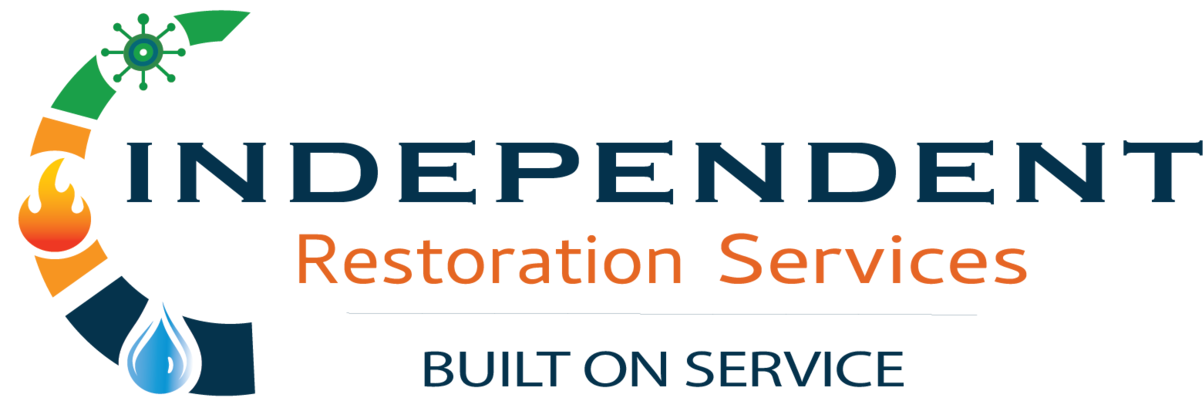HVAC systems play a vital role in maintaining indoor comfort; however, these systems also harbor the threat of water damage caused by improper HVAC drainage. The issue can lead to significant property damage, health concerns, and financial setbacks.
Understanding the root causes of HVAC drainage problems is essential for prevention. Here are a few factors that contribute to these issues:
- Clogged Drain Lines: Dust, debris, and algae can accumulate in drain lines over time, obstructing water flow. This blockage leads to water backing up into the system and eventually leaking into the surrounding areas.
- Improper Installation: Incorrect installation of drain lines or improper slope can impede the natural flow of water, causing it to accumulate where it shouldn’t.
- Lack of Maintenance: Regular HVAC maintenance, including cleaning drain lines, is crucial. Neglecting these tasks can lead to drainage problems.
- Component Wear and Tear: Aging HVAC systems might experience degradation in their components, including drain pans and pipes, leading to leaks and drainage issues.
Mitigating the risks associated with HVAC drainage problems requires a proactive approach.
Here are some preventive measures to consider:
- Regular Maintenance: Schedule routine HVAC maintenance, including inspecting and cleaning drain lines, to prevent blockages and identify potential issues before they escalate.
- Professional Inspections: Enlist the services of HVAC professionals who can conduct thorough inspections, ensuring that drain lines are correctly installed, free from clogs, and functioning optimally.
- Install Drainage Pans and Alarms: Consider installing drain pans beneath HVAC units, equipped with water level alarms. These pans can catch leaks and trigger alarms to alert you before significant damage occurs.
- Improve Ventilation: Enhance indoor ventilation to minimize humidity levels, reducing the amount of moisture generated by HVAC systems.
- Monitor Humidity Levels: Utilize humidity monitors to keep track of indoor humidity. If levels become excessively high, take action to rectify the situation promptly.
It’s imperative for home owners to be aware of the potential hazards of HVAC drainage issues and take proactive steps to prevent them. Through regular maintenance, proper installation, and vigilance, the risks of water damage caused by HVAC drainage can be significantly reduced, ensuring a safe and comfortable indoor environment for years to come. If you suspect a leak or drainage issue with your HVAC, call IRS today.
